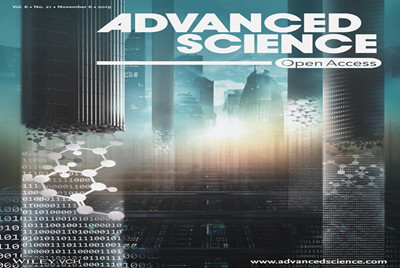
Using data to design and develop totally new materials is a rapidly growing area of science. A group of researchers at Aalto University have just published a paper that details the growth of data-driven materials science so far and offers their perspective on its future direction. One of the challenges they point out is to open science databases for all. The researchers are not reserved in their requests, either: calling for large-scale financial investment to develop digital infrastructures that enable researchers across universities and with companies to take materials discovery to a new level.
"We want to be able to collect already known data in one place to accelerate materials development for future products," said Professor Patrick Rinke from the Department of Applied Physics. Their vision would be a materials version of Google, which the team at Aalto are calling the Materials Ultimate Search Engine, or MUSE.
Currently, developing new materials is a long process that includes discovery, design, manufacture, and deployment. The process is so slow, costly, and inefficient, the researchers argue, that companies and scientists are unlikely to invest the time and money into such an endeavor. Indeed: by the time a new material is ready for product launch, its intellectual property may have expired.
"What we'd like is for a researcher to think, 'What if I could do this experiment with a different material?' For example, make a computer chip from germanium instead of silicon. In our ideal scenario, you would just pull the germanium data from your favorite database and then plug it into your physical model, and the outcome would answer the question for you. There'd be no need for you to get your hands dirty!" Rinke said.
This new paradigm of data sharing also adds value to previously discarded or ignored data. Information gathered for one application, like our germanium chip, might turn out to be unhelpful for the scientist gathering it. Currently, that data might sit in the appendix of a Ph.D. thesis, or worse never leave the lab it was gathered in or the hard-drive of the computer it was simulated on. In the new paradigm, this data would be uploaded to MUSE, where it might turn out to be vitally important to someone developing, for example, a CO2 capture device. "You would have access to a wealth of data that you could never produce alone in your lab," explained Rinke.

